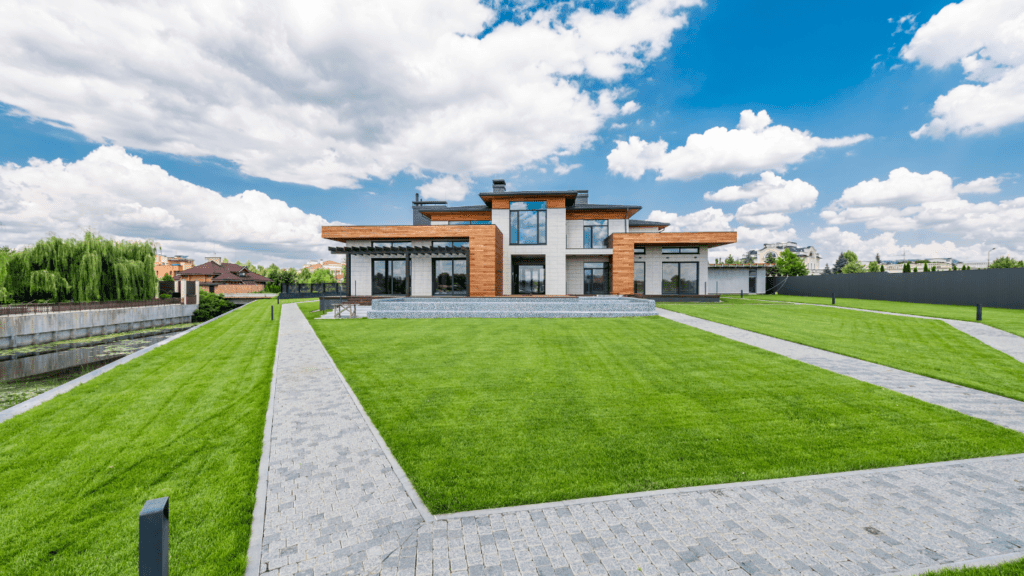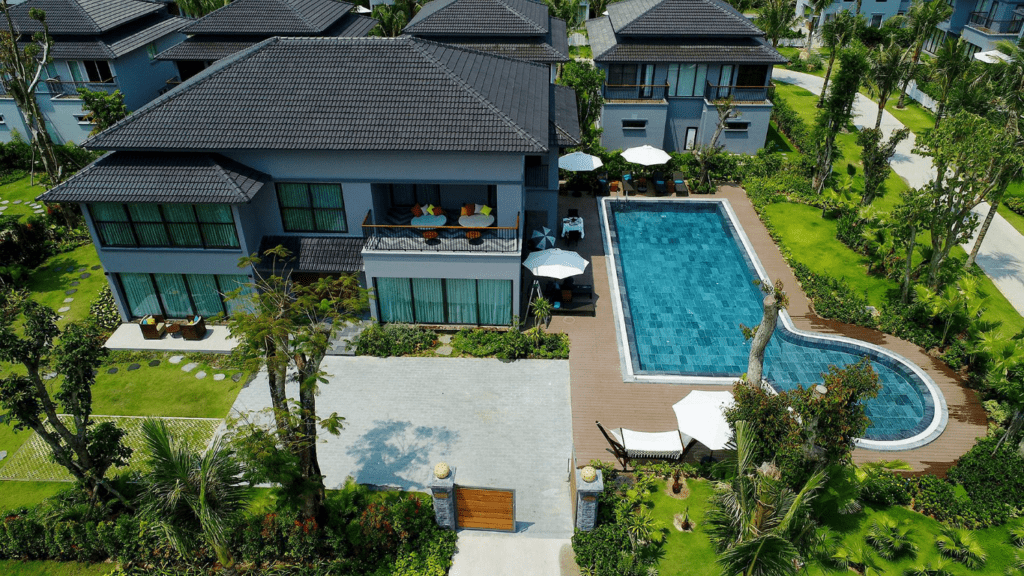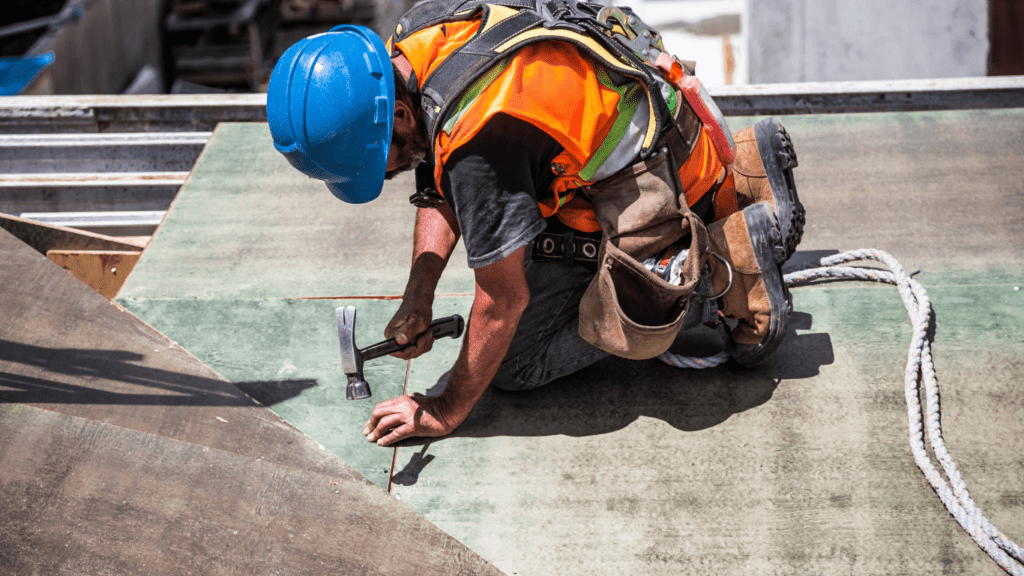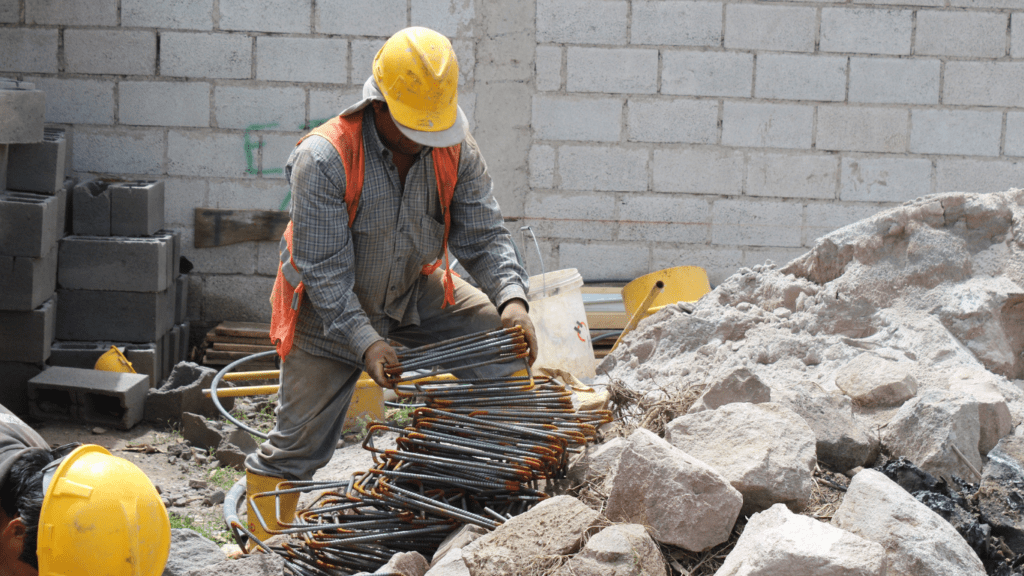When it comes to enhancing property value, sustainable landscaping is a game-changer. As a seasoned expert in the real estate industry, I’ve witnessed firsthand the significant impact that eco-friendly landscaping practices can have on the overall value of a property.
From increasing curb appeal to reducing maintenance costs, sustainable landscaping not only benefits the environment but also adds tangible value to your property. In this article, I’ll delve into the various ways in which sustainable landscaping can boost property value and attract potential buyers.
By incorporating elements such as native plants, water-efficient irrigation systems, and eco-friendly hardscaping, homeowners can not only create a beautiful outdoor space but also make a smart investment in their property. Join me as I explore the undeniable connection between sustainable landscaping practices and property value.
Understanding Sustainable Landscaping
Sustainable landscaping focuses on creating eco-friendly outdoor spaces that enhance environmental quality and property value. Incorporating native plants, efficient irrigation systems, and permeable paving reduces water usage, promotes biodiversity, and minimizes waste, appealing to environmentally conscious buyers.
This approach not only lowers maintenance costs and boosts energy efficiency but also increases property appeal. By adopting sustainable landscaping practices, homeowners can enjoy beautiful, low-impact outdoor spaces while making a smart investment in both their property and the planet.
Factors Influencing Property Value
Influencing the value of a property, the type of landscaping chosen plays a crucial role. Traditional landscaping, which focuses on aesthetics alone, differs significantly from sustainable landscaping in its long-term impact on property value.
Traditional Landscaping vs. Sustainable Landscaping
Traditional landscaping predominantly emphasizes visual appeal with features like exotic plants and high-water usage elements. In contrast, sustainable landscaping prioritizes eco-friendly practices, such as native plants and efficient irrigation systems, leading to lower maintenance costs and higher energy efficiency.
Impact on Curb Appeal
Curb appeal, a significant factor influencing property value, is enhanced by sustainable landscaping practices that create an attractive and eco-friendly exterior. Features like native plant gardens and well-designed permeable paving contribute to a visually appealing landscape that can increase the overall desirability of a property.
Cost Savings and Energy Efficiency
Sustainable landscaping not only reduces maintenance expenses but also enhances energy efficiency, thereby increasing property value. Elements like drought-resistant plants and smart irrigation systems minimize water usage and promote sustainability, appealing to environmentally conscious buyers seeking long-term cost savings.
Environmental Benefits
The environmental benefits of sustainable landscaping, including reduced water consumption and support for local biodiversity, contribute to the overall value of a property. By incorporating eco-friendly practices like rain gardens and composting areas, homeowners can showcase their commitment to environmental stewardship, attracting buyers looking for environmentally responsible homes.
Research Studies on Property Value
Reviewing research studies on property value reveals compelling insights into the tangible benefits of sustainable landscaping. One study published in the Journal of Sustainable Real Estate found that properties with sustainable landscaping features had a 5-20% higher value than those without.
Another study conducted by the University of Washington indicated that eco-friendly landscaping practices could increase property values by as much as $15,000. Analyzing these studies demonstrates a clear correlation between sustainable landscaping and property value appreciation.
By incorporating eco-friendly elements into their landscapes, homeowners can not only create more visually appealing surroundings but also potentially fetch higher prices when selling their properties. This data underscores the financial advantages of investing in sustainable landscaping, making it a strategic choice for property owners seeking to maximize their returns.
Benefits of Sustainable Landscaping
Exploring the benefits of sustainable landscaping reveals its significant advantages for property owners and the environment. Sustainable landscaping not only enhances property value but also offers a range of practical benefits that can positively impact homeowners.
Let’s delve into the key benefits of incorporating sustainable practices into landscaping:
- Increased Property Value: Sustainable landscaping has been shown to boost property values significantly. Studies have indicated that properties with sustainable landscaping features can command a premium of 5-20% higher than those without such eco-friendly elements. By enhancing curb appeal, reducing maintenance costs, and promoting energy efficiency, sustainable landscaping makes properties more attractive to potential buyers, leading to increased market value.
- Cost Savings: One of the primary benefits of sustainable landscaping is the potential for long-term cost savings. By utilizing eco-friendly practices such as native plantings, drip irrigation systems, and permeable paving, homeowners can reduce water consumption, lower maintenance expenses, and minimize the need for chemical inputs. These cost-saving measures not only benefit the environment but also contribute to overall savings for property owners.
- Environmental Impact: Sustainable landscaping plays a crucial role in supporting the environment and local ecosystems. By reducing water usage, minimizing waste, and promoting biodiversity, sustainable practices help conserve natural resources and mitigate environmental damage. Incorporating elements like rain gardens, composting systems, and wildlife habitats into landscaping designs contributes to the preservation of the ecosystem and fosters a healthier relationship between properties and their surrounding environment.
- Energy Efficiency: Sustainable landscaping promotes energy efficiency by incorporating features that reduce the need for excessive energy consumption. By strategically planting trees for shade, installing energy-efficient lighting, and utilizing permeable surfaces to reduce heat absorption, homeowners can lower their energy bills and minimize their carbon footprint. These energy-efficient practices not only benefit the environment but also create more sustainable and comfortable living spaces for residents.
The benefits of sustainable landscaping extend beyond the aesthetic appeal of properties, offering tangible advantages in terms of property value appreciation, cost savings, environmental conservation, and energy efficiency. By embracing sustainable practices in landscaping, homeowners can make a positive impact on both their properties and the world around them.



